february什么意思(iso9000是什么意思)
february什么意思(iso9000是什么意思)
我们用许多不同的方式来标记时间,“月”这个单位也已经被使用了几千年。
不同月份的英文名从小学的英语课开始就伴随着大家,但你知道它们从哪里来,又有什么含义吗?让我们来仔细看一看吧!
January
一月
一月是一年的开始,你是否有在这个月完成年终总结,并且写下新年目标的习惯呢?早在几千年前,人们似乎就通过对一月的命名寄托了自己辞旧迎新的愿景。
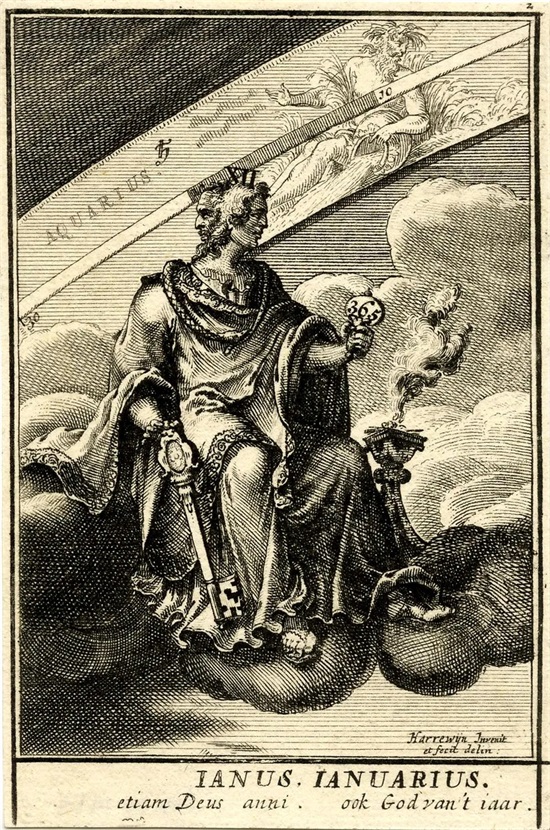
January
大英博物馆藏
图源:
The British Museum
January is named after the Roman god Janus, who presided over doors and beginnings – appropriately enough, for the beginning of the year. Indeed, Janus was usually depicted with two faces looking backwards and forwards, as is often characteristic of a new year; this also gave rise to the term Janus word for words that have two opposite meanings.
January是以罗马神话中双面神杰纳斯(Janus)的名字命名的。他负责司守门户以及万物的始末,这让他很适合代表一年的开始。事实上,杰纳斯通常以双面孔示人,一面回顾过去,一面注视未来,而这经常被视为新的一年的特征;这也使得它的引申词组“Janus word”(双面词)表示兼有两种相反含义的词。
February
二月
二月是一个充满节日气氛的月份。除了情人节,人们还会在二月庆祝重要的春节和元宵节。古罗马人也不例外,他们在二月也有一个重要的节日——Februa。
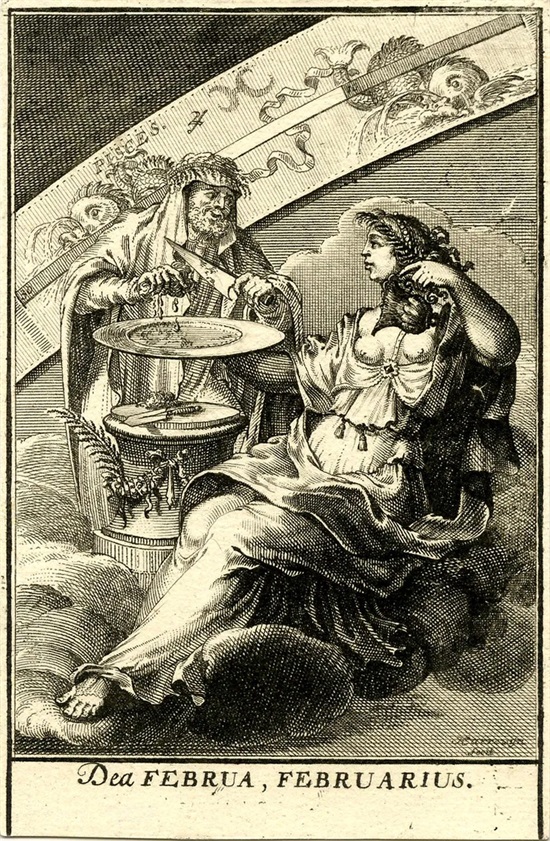
February
大英博物馆藏
图源:The British Museum
February is ultimately based on Latin februarius, from februa, an ancient Roman festival of purification called Februa.
Feburary由拉丁语“februa”的衍生词“februarius”演变而来。“Februa”是古罗马一场涤罪盛宴的名称。
March
三月
阳春三月,我们都摆脱了节日期间的懒散闲适,工作生活都逐渐步入正轨。古罗马人在庆祝完Februa之后,根据习俗,又要开始新一年的出征远战。而这一路上,他们或许需要一些战神力量的加持。

《维纳斯与战神》 伦敦国家美术馆藏
图源:The National Gallery
Which god gets a planet and a month named after him? You’ve guessed it: Mars. Why him? As the Oxford English Dictionary notes, “In ancient Rome several festivals of Mars took place in March, presumably in preparation for the campaigning season, since Mars was a god of war.”
有哪位神的名字既是星球的名字,又是月份的名字呢?没错就是战神马尔斯(Mars)。为什么是他?《牛津英语词典》中写到:“在古罗马时期,有关于马尔斯的节日都在三月举行,想必这是为了战争时期做准备,因为马尔斯是一位战神
。”
April
四月
四月是踏青的好季节。无论是春来樱花飘落,还是风起湖面生轻皱,都会带给我们爱与美的感动吧!

April takes its name from the Latin word aperire, meaning “to open” (just like flowers do in spring!) It is a month of transition. It arrives when winter has just ended and spring is beginning, symbolizing a period of rebirth. It is also said that April may be named after the Greek goddess of love, Aphrodite. In Old English, April was sometimes called Eastermonab, “Easter month”.
四月的名字来源于拉丁语aperire,意思是“开放”。(就像花朵在春天开放一样!) 四月是一个过渡月。冬去春来,它象征着重生。也有人说,四月可能是以希腊爱神阿佛洛狄忒命名的。在古英语中,April有时被称为Eastermonab,即“复活月”。
英文中的一些谚语都与四月的雨有关,如“April showers bring May flowers
(四月阵雨带来五月花)”
——我们用它来表达希望,并鼓励他人 “尽管目前情况不好,但未来好事仍会发生”,相当于汉语里的 “苦尽甘来”。
May
五月
“唯有牡丹真国色,花开时节动京城。”跨过四月春来时的恬淡柔美,五月无疑是一个花开绚烂的月份。

A vase of flowers on a marble table 大英博物馆藏
图源:The British Museum
The month is connected with the goddess Maia. Maia (in Greek mythology) was daughter of Atlas and mother of Hermes. She was considered a nurturer and an earth goddess, which may explain the connection with this springtime month.
这个月与玛雅女神(the goddess Maia)有关。在希腊神话中,她是阿特拉(Atlas)之女,同时也是赫尔墨斯(Hermes)之母。她被誉为养育者和大地女神,这或许解释了为什么人们会用她来命名一个春季的月份。
June
六月
我们在六月迎来夏天。这个月份旺盛的生命力,
或许
是人们用女神朱诺为它命名的原因。

June is named after the ancient Roman goddess Juno, wife of Jupiter and goddess of marriage and childbirth. June was also once sometimes known as midsummer month.
六月是以古罗马女神朱诺(Juno)命名的。她是主神朱庇特(Jupiter)的妻子,是婚姻与分娩之神。六月也曾一度被认为是仲夏月。
July and August
七月和八月
对学生党来说,七月和八月又是可以享受假期的两个月。懂历史的小伙伴们,有没有觉得七月和八月的英文名有一些眼熟呢?
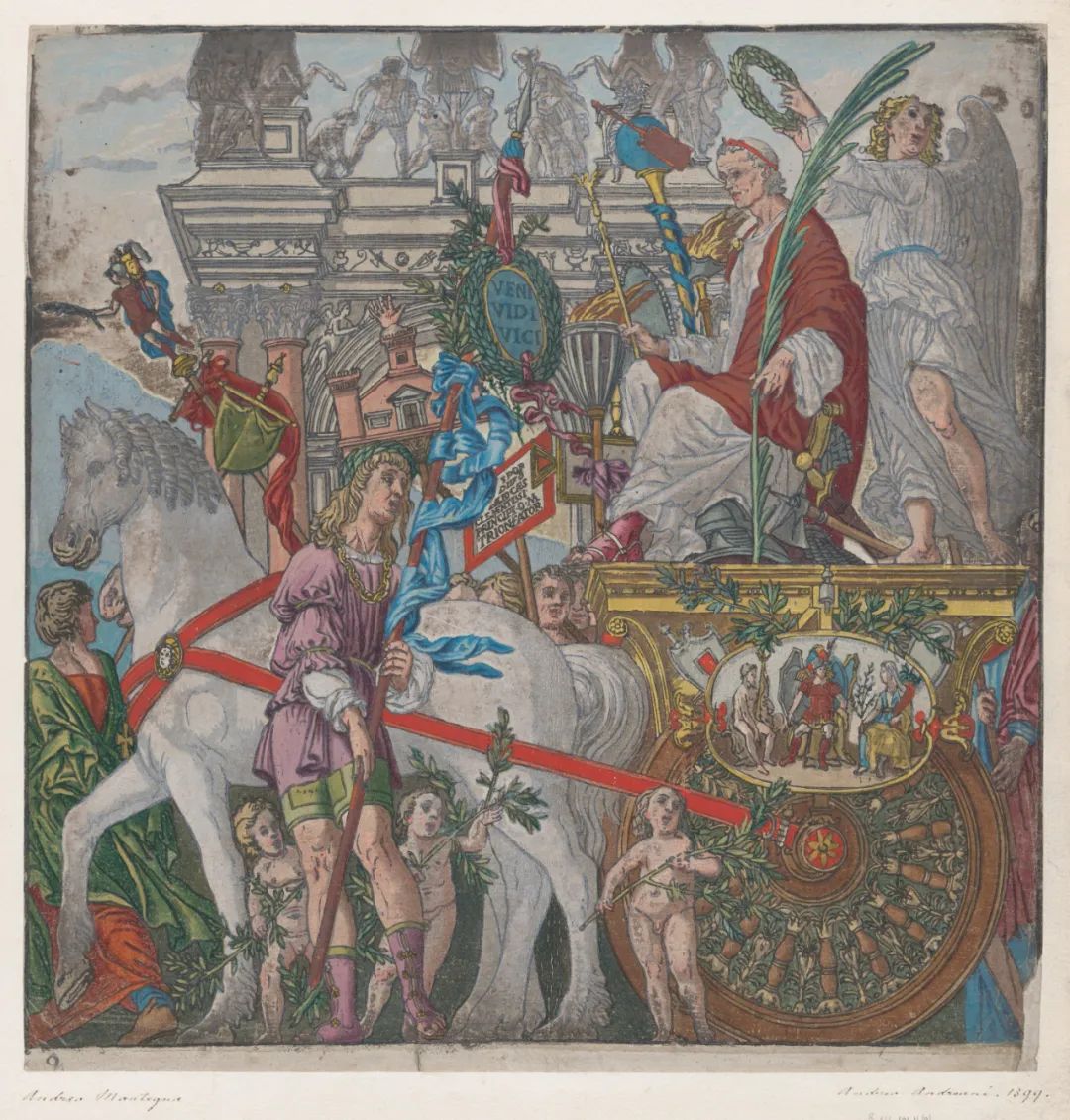
《凯撒的凯旋(局部)》 大都会艺术博物馆藏
图源:Google艺术与文化
July and August were named after two major figures of the ancient Roman world – the statesman Julius Caesar and Rome’s first emperor, Augustus.
“July”和“August”是以古罗马时代的两位重要人物命名的——政治家尤利乌斯·凯撒和罗马的第一位皇帝奥古斯都。
September, October, November and December
九月,十月,十一月,十二月
与前面八个月份名称的丰富内涵相比,后四个月份的命名显得有些“草率”。实话说,它们与中文的月份命名规则十分相似!
September, October, November and December are named after Roman numbers 7, 8, 9 and 10 – they were originally the seventh, eighth, ninth and tenth months of the Roman year! Before July and August were renamed after Roman rulers, they were called Quintilis and Sextilis, meaning fifth and sixth months.
九月、十月、十一月和十二月是以罗马数字7(septem)、8(octo)、9(novem)和10(decem)命名的——它们原来是罗马年的第七个、第八个、第九个和第十个月!七月和八月
在
以罗马统治者的名字命名之前,它们被称为Quintilis和Sextilis,意思是第五和第六个月。
以上就是双语君为大家整理的月份英文名称背后的故事。在四月这个“美神的月份”,赶快抓紧时间去踏青赏春吧!

编辑:陈月华
实习生:房晓玥
来源:大英博物馆官网 中国日报英语点津
China Daily精读计划来了!
每天20分钟,
带你学英语,看世界!
-
- 留恋和流连的区别(留恋和流连的区别是什么)
-
2024-01-08 17:09:59
-
- 十大必看电影排名(十大必看电影排名音乐之声)
-
2024-01-08 17:07:54
-

- lying怎么读(lying怎么读语音什么意思)
-
2024-01-08 17:05:47
-

- 2022小说推荐(2022小说推荐男生)
-
2024-01-08 17:03:42
-
- 国内黑道电视剧排名前十(内地好看的黑道电视剧排行榜前十名)
-
2024-01-08 17:01:36
-
- 民国四大美男(民国四大美男图片)
-
2024-01-08 16:59:29
-

- 中国各省简称及区号大全
-
2024-01-08 07:35:04
-
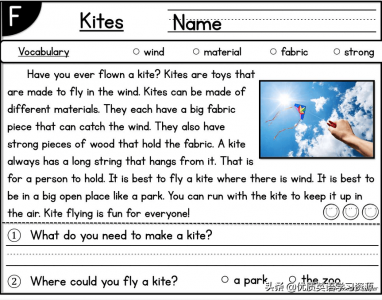
- 英语原版阅读路线 英语原版阅读器
-
2024-01-08 07:32:59
-
- 穷人都用苹果有钱人用华为 穷人都用苹果手机吗
-
2024-01-08 07:30:54
-

- 央行降息的意义 降息了为什么我的房贷没有少
-
2024-01-08 07:28:49
-

- 如何恢复删除的微信记录 怎么查删除的微信聊天记录?
-
2024-01-08 07:26:44
-

- 微信聊天记录删除怎样可以找回 微信聊天记录删除了怎么找回啊
-
2024-01-08 07:24:39
-

- 昆仑决16人战 昆仑决解说
-
2024-01-08 07:22:35
-

- 这才是炒苦瓜的正确做法,好吃不苦有诀窍,苦瓜清脆爽口还入味
-
2024-01-08 07:20:30
-

- 西安和延安是一个省吗?
-
2024-01-08 07:18:25
-
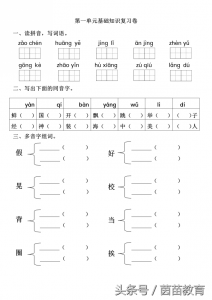
- 三年级上册语文第一课试题 三年级语文第一课测试
-
2024-01-08 07:16:20
-
- 2022最新公测的大型网游(2022最新公测的大型网游有哪些)
-
2024-01-08 04:55:53
-

- slowly怎么读(slowiy怎么读)
-
2024-01-08 04:53:47
-

- 一生一世演员表(一生一世演员表对照周生如故)
-
2024-01-08 04:51:41
-
- 女主勾人有肉小三文()
-
2024-01-08 04:49:35



 云南本地人为什么不会被骗到缅甸(看看真实的缅北)
云南本地人为什么不会被骗到缅甸(看看真实的缅北) 中国一线男装10大品牌(盘点国内十大知名男装品牌排行榜)
中国一线男装10大品牌(盘点国内十大知名男装品牌排行榜)